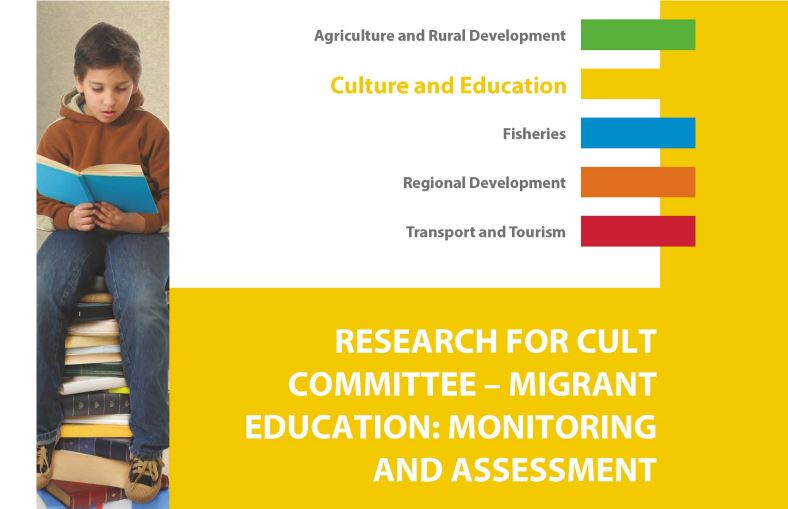Study on the monitoring and assessment of migrant education in the EU
Published:
On 15 February 2017, the European Parliament's Committee on Culture and Education published a study on the monitoring and assessment of migrant education in the European Union.
The data was collected by means of a literature review and questionnaires completed by experts from education ministries in 27 EU countries. The report shows that most EU countries have established educational policies for immigrant children, however, these policies are often not monitored or assessed with regard to their adequacy. The authors of the study recommend that the European Commission engages in the monitoring and assessment of educational policies for immigrant children in the EU member states. Country reports on migrant education for 27 EU countries can be found at the end of the study report.
Moreover, it is crucial to note that instead of drawing on a multi-stakeholder input, the report is based on one-sided input from education ministries. ETUCE criticizes this approach and highlights that education trade unions can provide useful input for such assessments and specify the education personnel’s perspective on the issue at stake.
Indeed, in the resolution on refugees and displaced children as well as the resolution on education as key to integration and inclusion, both adopted at the ETUCE Conference December 2016, ETUCE emphasises the importance of quality education, delivered by well-trained education personnel. Education is crucial for newcomers, as it “helps marginalised children, young people and adults to get back on their feet, lift themselves out of poverty and participate fully in communities and society with a view of building a better future” (source).